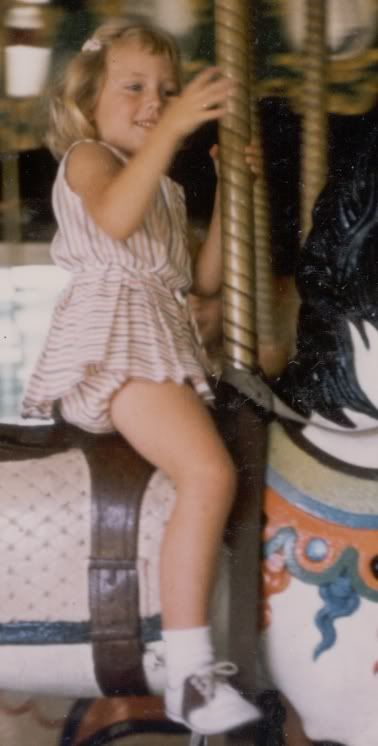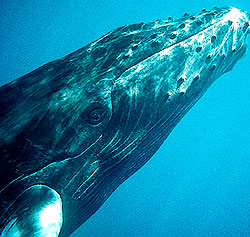You're right: I can never fully understand where you are coming from. You can also say you can never understand where I am coming from as I've chosen to own ASL as my mother tongue, and thereby my Deaf identity. It's a long story, dear. I do invite you to read my blog on growing up in a Hearing family at Shel: A Deaf Canadian's Thoughts. This is in response to Open Minded Deaf Observer's negative perspective of life in a Hearing family and life in general. He's entitled to his perspective, and so am I entitled to mine. (So are you to yours! :-)) There are some things you might not understand, but do please feel free to ask me. If you are willing, would you mind describing in depth that experience as a child in school and outside of school? I'd love to hear about it... "hear"... talk about puns!
I've been thinking how to answer this question--'what was my hearing childhood like?' First of all, I want to say I appreciate that you want to understand.
I grew up hearing. **shrug** I'm not sure what more you need to know about that. Do you wish for me to describe what hearing was like? I can't.
I have tried to think of different analogies that might help, but I've realized it's impossible. I've read comments from Deaf people who have said music means nothing to them, or that they wouldn't want to hear because the world is "noisy." I understand that, because when you wear hearing aids many sounds are unpleasant. However, hearing aids do not even come close to natural hearing.
There's a richness to sound you can't possibly understand unless you've heard it. Sound is rarely painful and not usually annoying to people with good hearing. The human ear is every bit as miraculous as the eye.
Of all sounds, music is sublime. There's good reason every culture all over the world celebrates with music. Did you know music probably came before speech? Almost all animals sing or chatter to attract mates. Humans are no different. Read Your Brain On Music for more information about how music and rhythm evolved. Anyway I'm not telling you this to make you feel bad. I just want to point out how significant sound is to most hearing people. I want you to appreciate how deeply rooted sound is in our human evolution and how connected it is to our emotions. I could tell you about sounds I used to love, but it would be like describing a beautiful sunset to a blind person who has never seen. There aren't words enough.
I don't mean to offend, but music can even enhance orgasm, which is why many hearing people use it to seduce a date, and play it while having sex. It's also evokes spiritual and transcendental experiences, which is why it is used to celebrate God.
Some hearing people love music more than others. I started playing the piano at age four-- the age I was in the picture above. I took ballet dancing, played flute in my school band from fifth-grade on and sang in my church and school choirs. I loved piano best. I haven't completely lost music, but I don't hear it the way I used to and that has left a big void.
Some Deaf people have said that I haven't accepted Deafhood if I don't love being deaf. To me, that's like a childless woman telling a mother who has lost her child that it's wonderful being childless. Once a parent, always a parent -- even after a child dies. There's no going back. It's the same with hearing. I can't go back and pretend I never heard.
So when Deaf people say that I need to move on, that I need to celebrate Deafhood, or that I need to choose which "side of the fence" to sit on-- hearing or deaf, I want to scream, "How DARE you!?" You can't possibly know what it means to become deaf unless you have heard. You've always been Deaf. (When I say 'you' I don't mean you personally Shel, I mean the 'anyone' you.)
I agree I can't possibly know what it's like to be you either.
Life is worth celebrating, whether Deaf, deaf or hearing. Deafhood is no more special than any other way of being. I'm celebrating my own life and my own personal journey, which happens to be neither hearing, nor deaf. I do not grieve the loss of hearing, but I sure do appreciate the meaning of what I've lost. There's no going back.
Smiles,
Kim




















